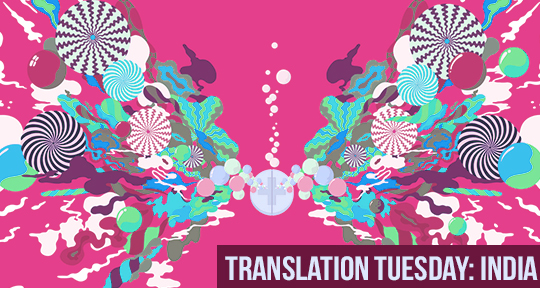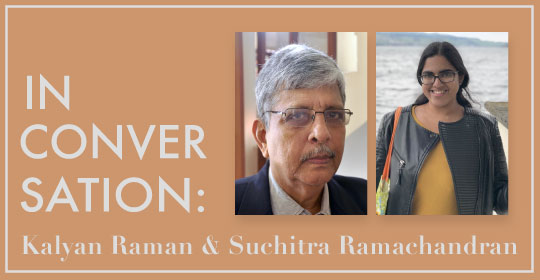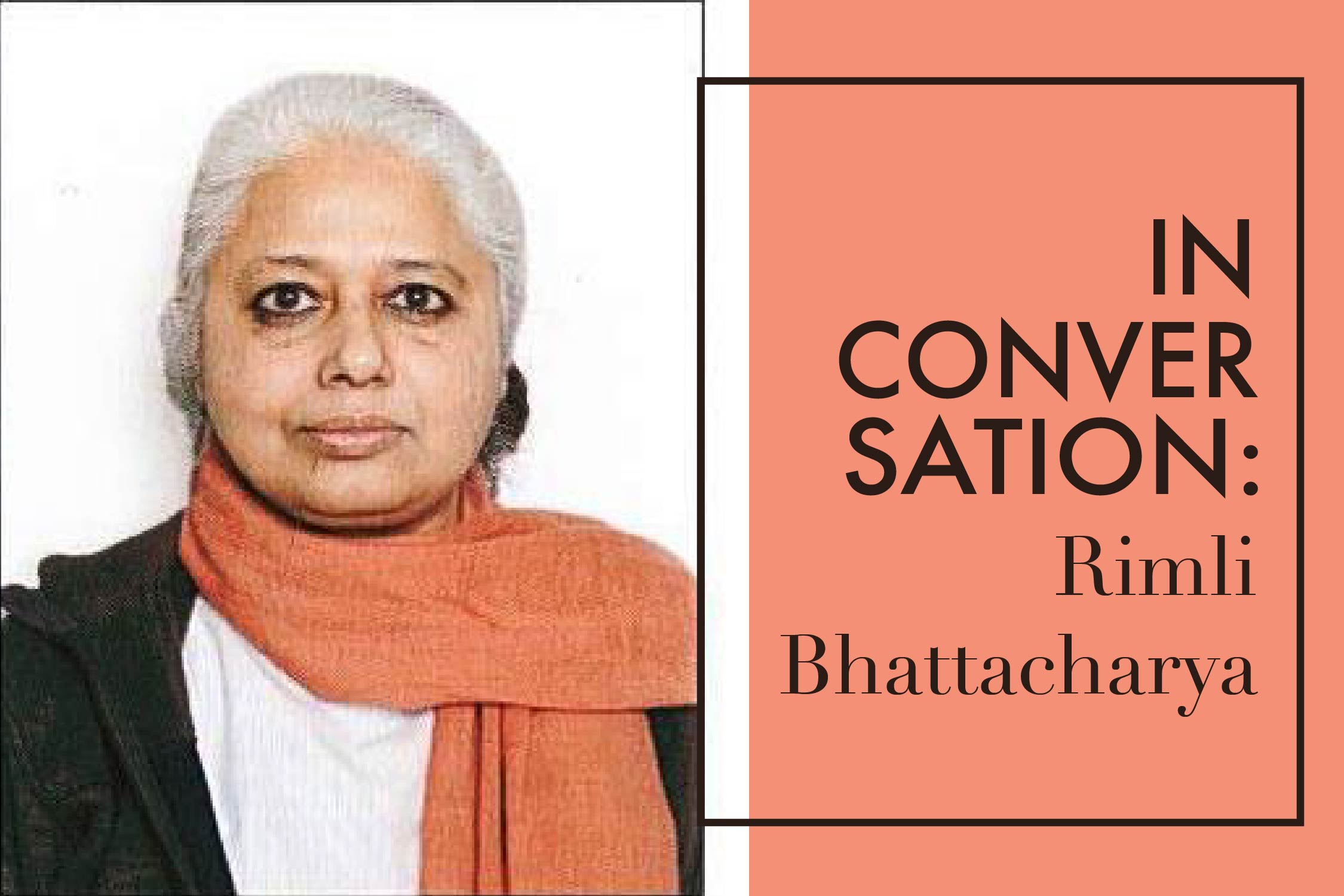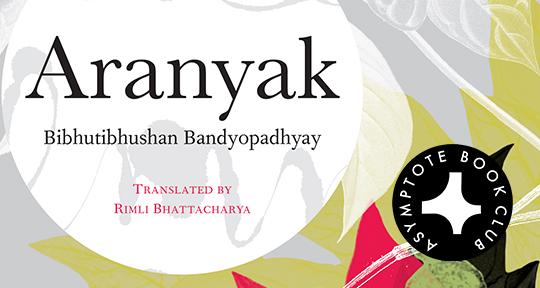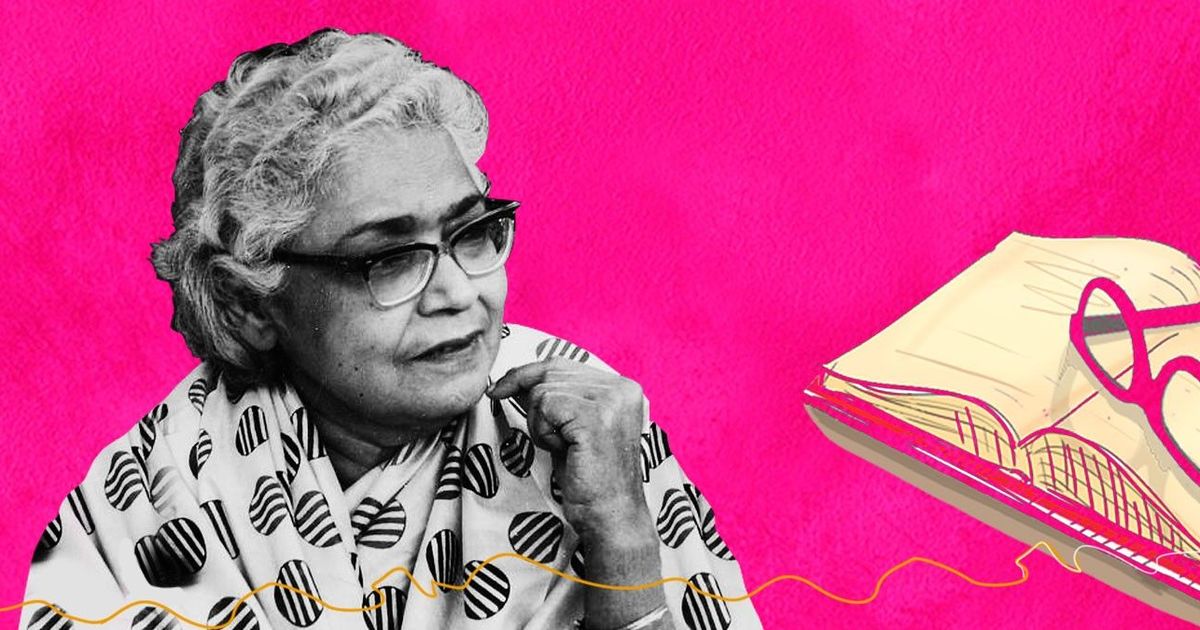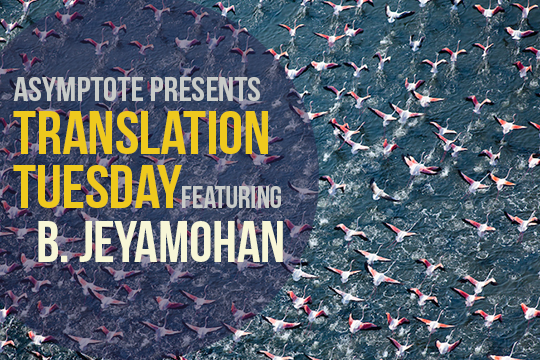Subimal Misra began writing exclusively for little magazines in the late sixties. His stories soon came to be known as ‘anti-stories,’ although he calls them ‘films.’ Misra credits Jean-Luc Godard with teaching him language, i.e., cinematic language, where the film is like an argument. By the end of the seventies, Misra was the uncrowned prince of Bengali parallel literature. But he had not written a novel because it would have been too long to get published. However, he had already started thinking of a longer format and the anti-novel, Actually This Could Have Become Ramayan Chamar’s Tale, a meta-fiction, appeared in 1982. This was followed by When Colour is a Warning Sign (1984), in which Misra carried the form he adopted in Ramayan Chamareven further—a kind of kaleidoscopic look at the society, world and times around him, focussing pointed beams of light on slivers of lived reality. With The Feathered Neck (1990), Misra completed his anti-novel trilogy. In 1988, Misra also wrote an essay explaining his ‘anti-novel.’
In this excerpt from When Colour is a Warning Sign, Misra shares an account of giving his manuscript to an editor to read, becoming dejected after the latter’s comment, and finally emerging with greater clarity and vision.
—Translator V. Ramaswamy
In the course of writing, I gave the manuscript to Nirmal-da of College Street to read and he later sent me his valuable opinion by letter. Nirmal Gupta was in his fifties, his sideburns were entirely grey, he ran a serious little magazine called Eikhon, it sold about a thousand copies. After reading his letter, as I was wondering whether I could write afresh, in a simpler way—as I was grappling with the subject—I saw to my surprise that Nirmal-da too was becoming entangled in the text, he was becoming another incident and clearly the complexity was continuously growing, multifarious, and more, what I have never thought also emerges clearly, page after page.

